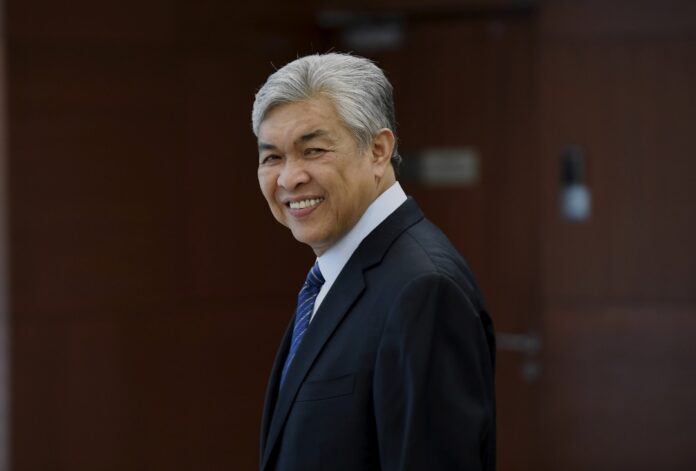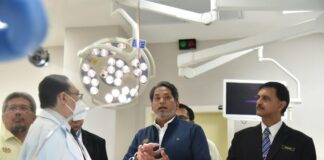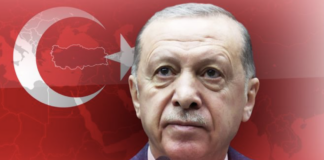KUALA LUMPUR, Dec 13 — Disparity, exploration of economic potential and improving living standards in the rural areas are the priorities and focus of Deputy Prime Minister Datuk Seri Dr Ahmad Zahid Hamidi in helming the Ministry of Rural and Regional Development (KKDW).
Ahmad Zahid said he will submit an action plan and key performance indicators (KPI) for the ministry in the near future, in addition to mobilising the ministry and agencies’ resources and efforts to resolve all rural-related issues.
“Rural development in Malaysia is not aimed at urbanising regions or rural areas and (also) not a process of urbanisation.
“…but (it is) ensuring that rural areas achieve a level of progress in accordance with the standards of progress set by the United Nations on sustainable rural development,” said Ahmad Zahid in a post on Facebook today.
He said the process of modernisation, context-wise, is in the way of thinking and managing economic affairs that is progressive and suitable to current needs.
Ahmad Zahid said the measure of success in rural development has never been about skyscrapers, rows of mega-buildings, elevated roads, or dense residential areas, but rather an agenda that has its own focus and dimensions.
Meanwhile, Ahmad Zahid said based on statistics and rural demographics, the situation was quite alarming.
Citing migration over the past 10 years as an example, he said last year migration from urban to rural areas was recorded at 18.1 percent compared to three percent from rural to urban areas.
“This is an encouraging figure as with the migration of people back to rural areas, means more work experience, innovative skills and economy can be brought back.
“This was supposed to bring about more economic spillovers and opportunities in rural areas, but it doesn’t seem to be that way. The rural economy still shows high levels of disparity between urban and rural areas,” he said.
Based on 2019 data, Ahmad Zahid said the median income of rural households was RM3,828 compared to RM6,561 for urban areas.
In simple comparison, he said for every RM100 earned by urban residents, rural residents were only able to earn RM58.
The deputy prime minister said 2019 also recorded a high poverty rate of 12.4 percent in rural areas compared to Malaysia’s overall poverty rate of 5.6 percent, and the gap continues to widen yearly, in addition to the marginalisation of rural residents driven by urban progress.
“This data does not take into account the year 2020 onwards where we are aware of COVID-19’s serious impact on the economy. This is something critical and cannot be left to worsen.
“Something drastic and radical needs to be done from now on if we don’t want Malaysia’s rural areas to continue to lag behind,” he said.
















